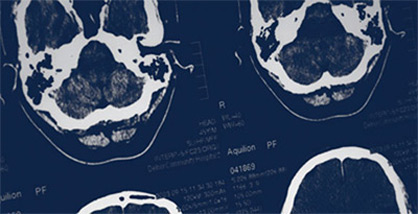Accelerator Applications
Physicists have been inventing new types of accelerators to propel charged particles to higher and higher energies for more than 80 years. Today, scientists estimate that more than 30,000 accelerators are in operation around the world—in industry, in hospitals and at research institutions. The following benefits are just a few examples on a growing list of practical applications.
 |
 |
 |
|
Left: Superconducting wire designed for particle accelerators enabled the creation of powerful magnets for MRI scanners. Bottom-right: The semiconductor industry relies on accelerator technology to implant ions in silicon chips. Top-right: Electron beams make shrink wrap tougher and better for storing food and protecting other products. Photos courtesy of Fermilab. |
|
Semiconductors: The semi-conductor industry relies on accelerator technology to implant ions in silicon chips, making them more effective in consumer electronic products such as computers, smart phones and MP3 players.
Clean air and water: Studies show that blasts of electrons from a particle accelerator are an effective way to clean up dirty water, sewage sludge and polluted gases from smokestacks.
Cancer therapy: When it comes to treating certain kinds of cancer, the best tool may be a particle beam. Hospitals use particle accelerator technology to treat thousands of patients per year, with fewer side effects than traditional treatments.
Medical diagnostics: Accelerators are needed to produce a range of radioisotopes for medical diagnostics and treatments that are routinely applied at hospitals worldwide in millions of procedures annually.
Pharmaceutical research: Powerful X-ray beams from synchrotron light sources allow scientists to analyze protein structures quickly and accurately, leading to the development of new drugs to treat major diseases such as cancer, diabetes, malaria and AIDS.
DNA research: Synchrotron light sources allowed scientists to analyze and define how the ribosome translates DNA information into life, earning them the 2009 Nobel Prize in Chemistry. Their research could lead to the development of new antibiotics.
Nuclear energy: Particle accelerators have the potential to treat nuclear waste and enable the use of an alternative fuel, thorium, for the production of nuclear energy.
Read in symmetry
Read more about accelerator applications in symmetry magazine.